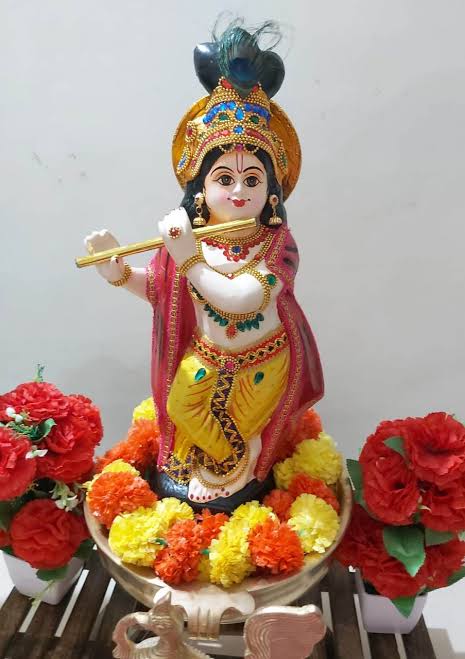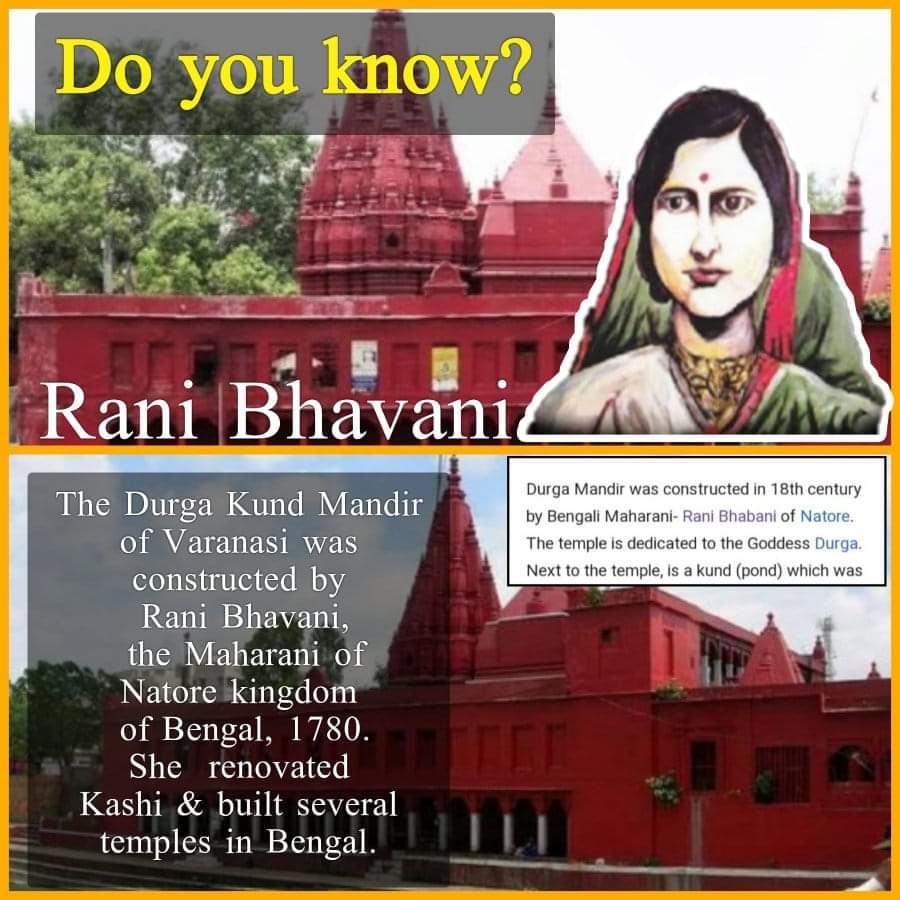
The Internet rewards unique people.
Find your unique combination of skills, interests, and personality traits.
I call this a Personal Monopoly.
Become the only person in the world who does what you do.
Then, tell the world by sharing your knowledge.

Focus on what the world wants too.
Think like an investor.
Find a small and growing market that only a few people write about. Then, learn everything you can about it, and share the best of what you learn.
Personal monopolies aren't found — they're made.
Global markets increase the upside of having a Personal Monopoly, but also make it harder to create one.
The sweet spot is finding an idea that looks specific to others, but still diverse enough to express the many shades of who you are, where you excel, and what you want to achieve.
Like fish in water, we don't know how to explain what we do so we depend on others to define our work for us. Listen to others describe your work. Then, double down on the best summaries.
In Personal Monopoly markets, just like cities, the biggest returns come in areas with increasing demand and restricted supply.
Here's my mini-essay.

"Your personal monopoly is out there, waiting for you, and magic will happen once you discover it. The way to do that is not to worry too much about it and focus on being prolific.” — @m_ashcroft
1) Complementary: Greater than the sum of its parts.
2) Unusual: A combination of skills rarely seen.
3) Experiential: Inspired by unique events in your life.
4) Specific: Niche topic where you have lots of knowledge.
Personal Monopolies are the antidote. Until you differentiate yourself, you’ll be subservient to the iron laws of supply and demand.
https://t.co/uEGXsB5BWl
The career path of a creator has three stages:
— David Perell (@david_perell) January 24, 2021
1) Discovery: Hone your craft and find the idea you want to be known for.
2) Income: Ditch the corporate world and become financially independent.
3) Equity: Get ownership in a business that\u2019ll grow without your daily involvement.
We spoke about:
∙ Communicating your Personal Monopoly
∙ Validating demand
∙ Lessons from @anafabrega11
∙ The DICE framework
∙ Becoming a citizen of the Internet
https://t.co/qmc31YEzSs
More from All
You May Also Like
Oh my Goodness!!!
I might have a panic attack due to excitement!!
Read this thread to the end...I just had an epiphany and my mind is blown. Actually, more than blown. More like OBLITERATED! This is the thing! This is the thing that will blow the entire thing out of the water!
Has this man been concealing his true identity?
Is this man a supposed 'dead' Seal Team Six soldier?
Witness protection to be kept safe until the right moment when all will be revealed?!
Who ELSE is alive that may have faked their death/gone into witness protection?

Were "golden tickets" inside the envelopes??

Are these "golden tickets" going to lead to their ultimate undoing?
Review crumbs on the board re: 'gold'.

#SEALTeam6 Trump re-tweeted this.

I might have a panic attack due to excitement!!
Read this thread to the end...I just had an epiphany and my mind is blown. Actually, more than blown. More like OBLITERATED! This is the thing! This is the thing that will blow the entire thing out of the water!
Tik Tok pic.twitter.com/8X3oMxvncP
— Scotty Mar10 (@Allenma15086871) December 29, 2020
Has this man been concealing his true identity?
Is this man a supposed 'dead' Seal Team Six soldier?
Witness protection to be kept safe until the right moment when all will be revealed?!
Who ELSE is alive that may have faked their death/gone into witness protection?

Were "golden tickets" inside the envelopes??

Are these "golden tickets" going to lead to their ultimate undoing?
Review crumbs on the board re: 'gold'.

#SEALTeam6 Trump re-tweeted this.

Neo-nazi group #PatriotFront held a photo op in #Chicago last weekend & is currently marching around #DC so it's as good time as any to compile a list of their identified members for folks to watch for
Who are these chuds?
Patriot Front broke away from white nationalist org Vanguard America following #unitetheright in #charlottesville after James Alex Fields was seen with a VA shield before driving his car into a crowd, murdering Heather Heyer & injuring dozens of others
Syed Robbie Javid a.k.a. Sayed Robbie Javid or Robbie Javid of Alexandria,
Antoine Bernard Renard (a.k.a. “Charlemagne MD” on Discord) from Rockville, MD.
https://t.co/ykEjdZFDi6

Brandon Troy Higgs, 25, from Reisterstown,
Who are these chuds?
Patriot Front broke away from white nationalist org Vanguard America following #unitetheright in #charlottesville after James Alex Fields was seen with a VA shield before driving his car into a crowd, murdering Heather Heyer & injuring dozens of others
Syed Robbie Javid a.k.a. Sayed Robbie Javid or Robbie Javid of Alexandria,
Happy Monday everyone :-) Let's ring in September by reacquainting ourselves with Virginia neo-Nazi and NSC Dixie affiliate Sayed "Robbie" Javid, now known by "Reform the States". Robbie is an explicitly genocidal neo-Nazi, so lets get to know him a bit better!
— Garfield but Anti-Fascist (@AntifaGarfield) August 31, 2020
CW on this thread pic.twitter.com/3gzxrIo9HD
Antoine Bernard Renard (a.k.a. “Charlemagne MD” on Discord) from Rockville, MD.
https://t.co/ykEjdZFDi6

Brandon Troy Higgs, 25, from Reisterstown,

























